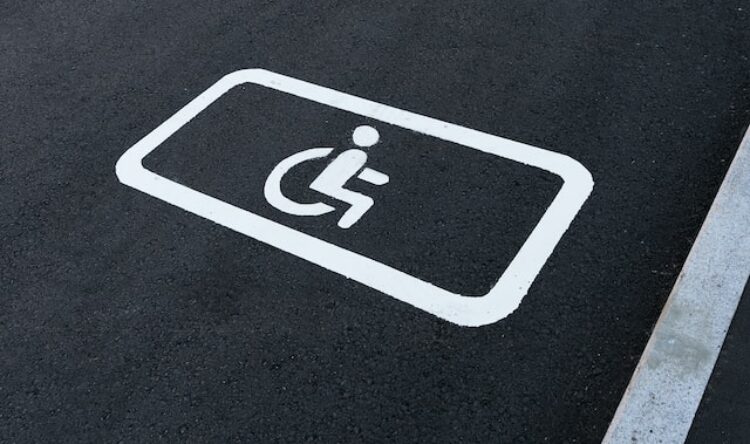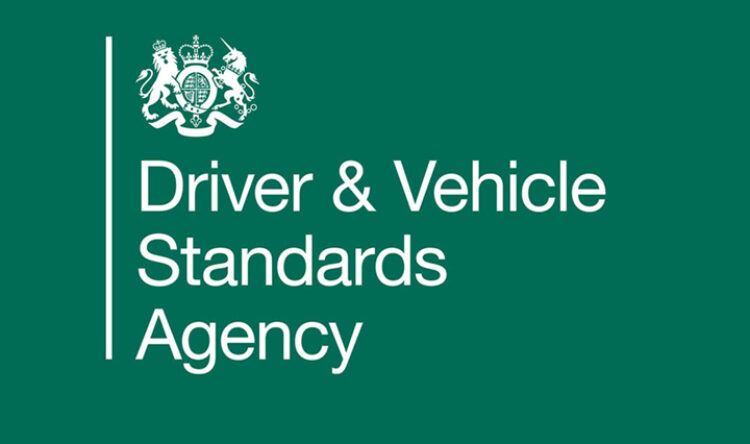Are 20 mph zones a good and welcome idea?
We want your views - let us know by voting thumbs up or thumbs down
Neil Worth – Road Safety & Motoring Information Officer GEM Motoring Assist
YES:
In 2016 1,792 people died on British roads of which 550 were pedestrians and cyclists. So how best to protect these vulnerable road users and stop that tragic knock on the door? One potential answer supported by the UN, OECD, DfT and others has begun to appear on our roads. In the past few years, cities as diverse as Bristol, Edinburgh and London have replaced the traditional 30mph speed limit with a 20mph limit on their residential roads. This is all linked to the ‘Safe Systems’ approach which, at its heart, allows that everyone makes mistakes and that the road network should be designed in such a way to allow for these. The idea is simple, by slowing the traffic in areas where there is a high number of pedestrians and cyclists, it reduces the risk of them being seriously injured in a collision. This is because drivers have more time to react and injuries, on the whole, are less severe at lower speeds. Portsmouth, for example, has seen a 22% reduction in casualties since their 20 mph limits were introduced. It’s not just about road safety, there is evidence from these cities that more people are cycling and walking since the ‘20s’ were introduced and a suggestion that air pollution is reduced too. With less casualties, less pollution and greater freedom to safely walk and cycle, why wouldn’t you support a 20mph limit on your street?
Malcolm Heymer – Technical Advisor Association of British Motorists (ABD)
NO:
Speed limits have a legitimate role in road safety, but they are only beneficial if set at a level that the majority of drivers consider reasonable. This means they should represent the maximum safe speed for the road in ideal conditions, allowing drivers to vary their speed within the limit as conditions change. This is an essential driving skill. Correctly set speed limits produce a high level of compliance and the lowest accident risk. While 20mph may be an appropriate speed limit on narrow residential roads with on – street parking, it would often be too low on more important urban roads, so only a small reduction in actual speeds would result. Accidents could then increase as pedestrians and cyclists become complacent and take less care, and therefore drivers need to pay more attention to the speedometer and the increased variations in speed limits, thus creating an unnecessary distraction. The campaign to extend 20mph speed limits in a blanket fashion is more about social engineering, rather than road safety. It attempts to force people out of their cars by making driving less attractive. It is the imposition of those transport choices deemed ‘acceptable’ by the self – appointed arbiters of political correctness. This is an unacceptable attack on freedom of choice.







